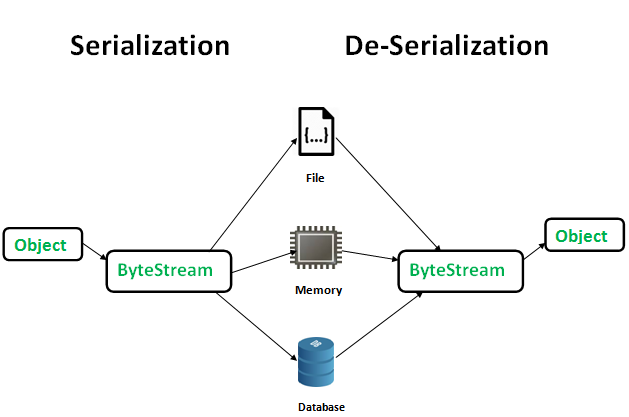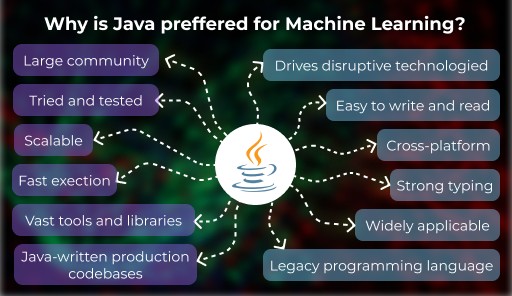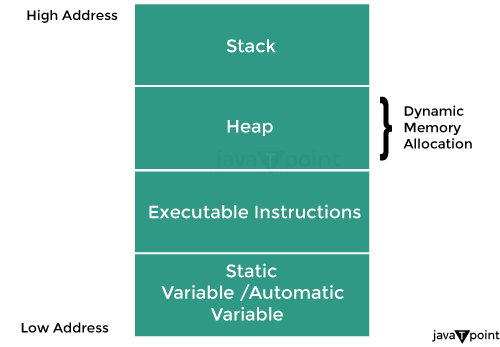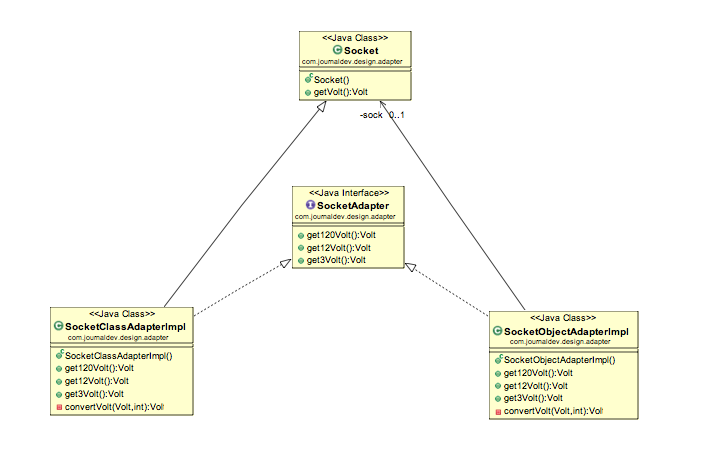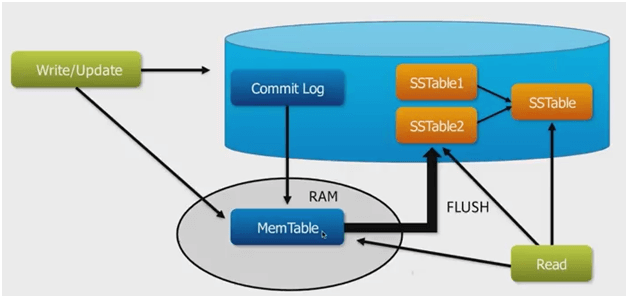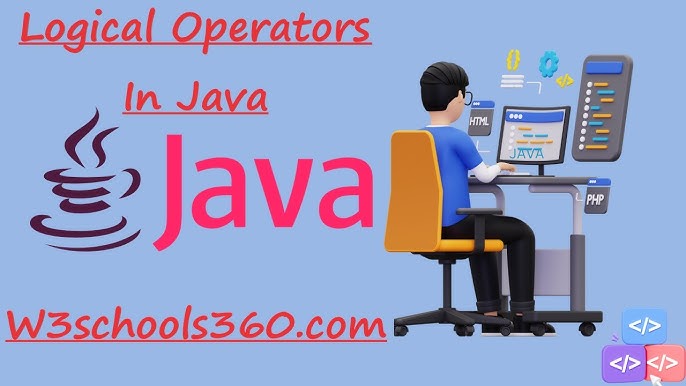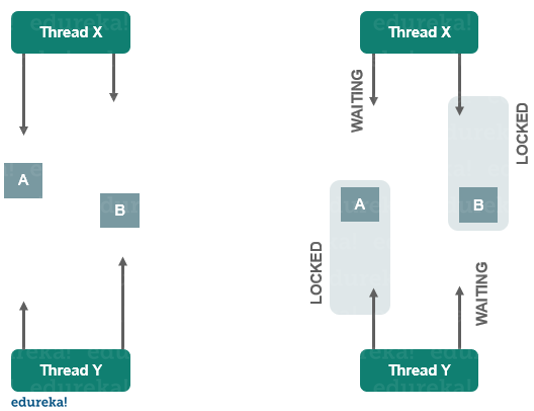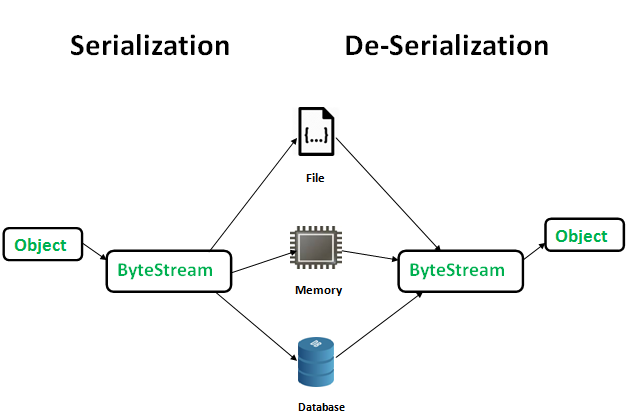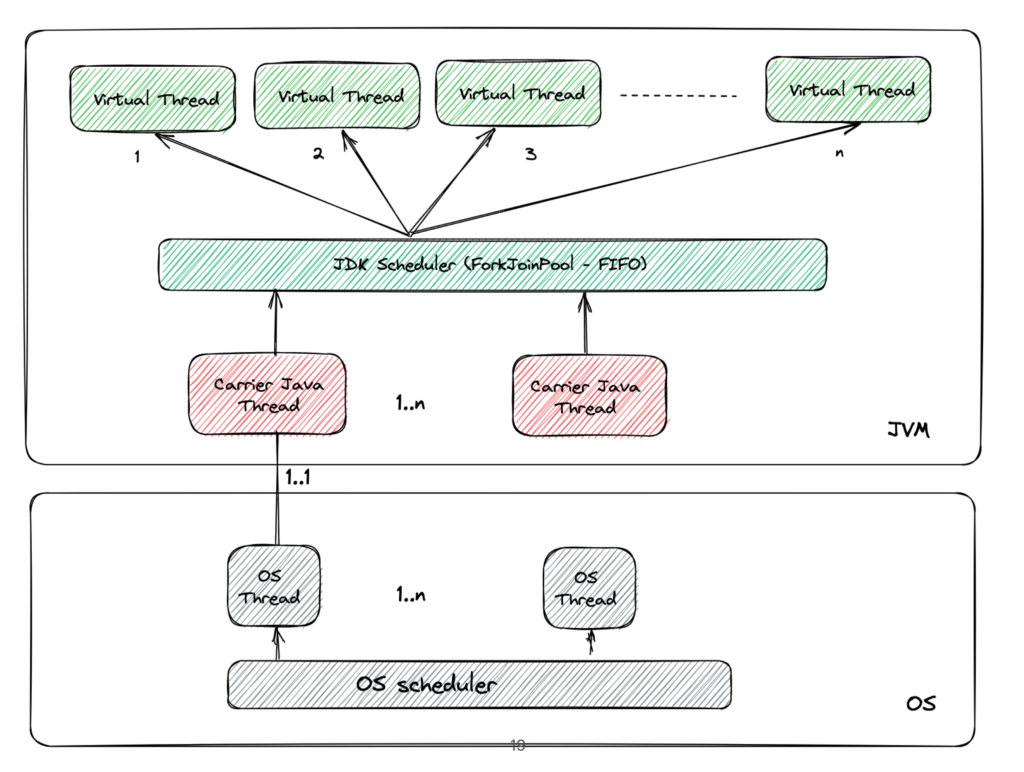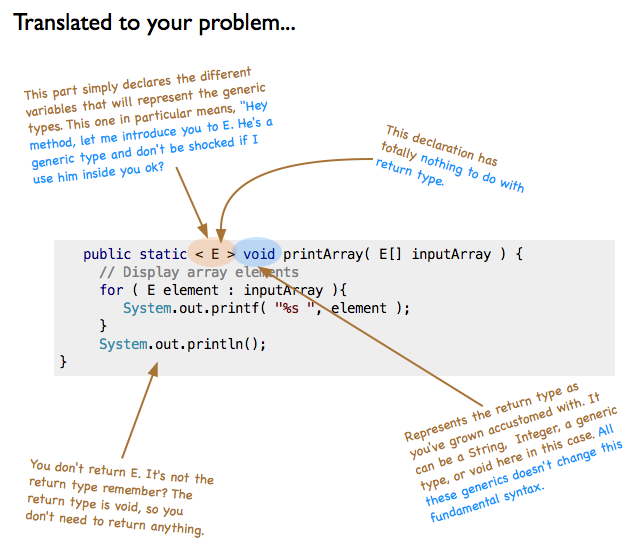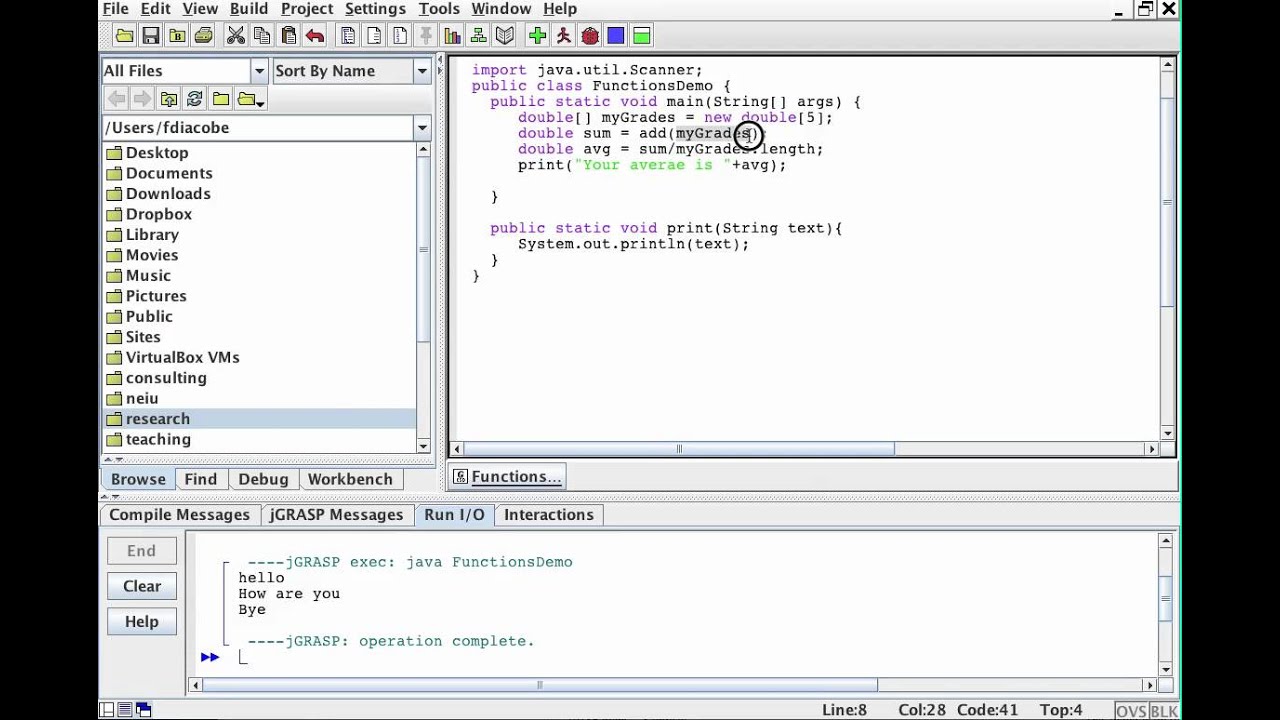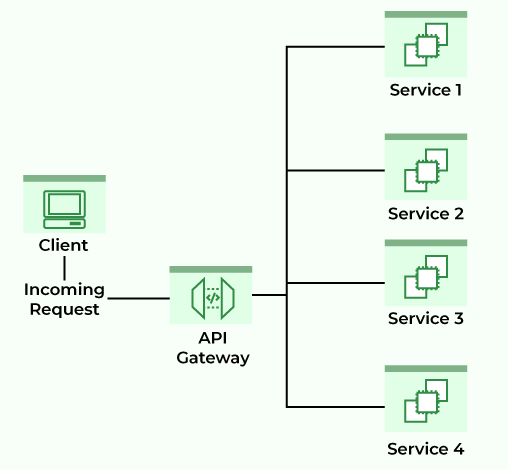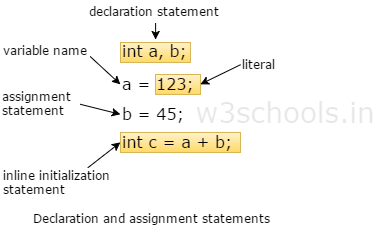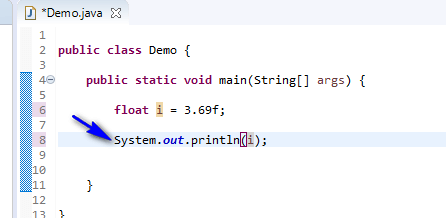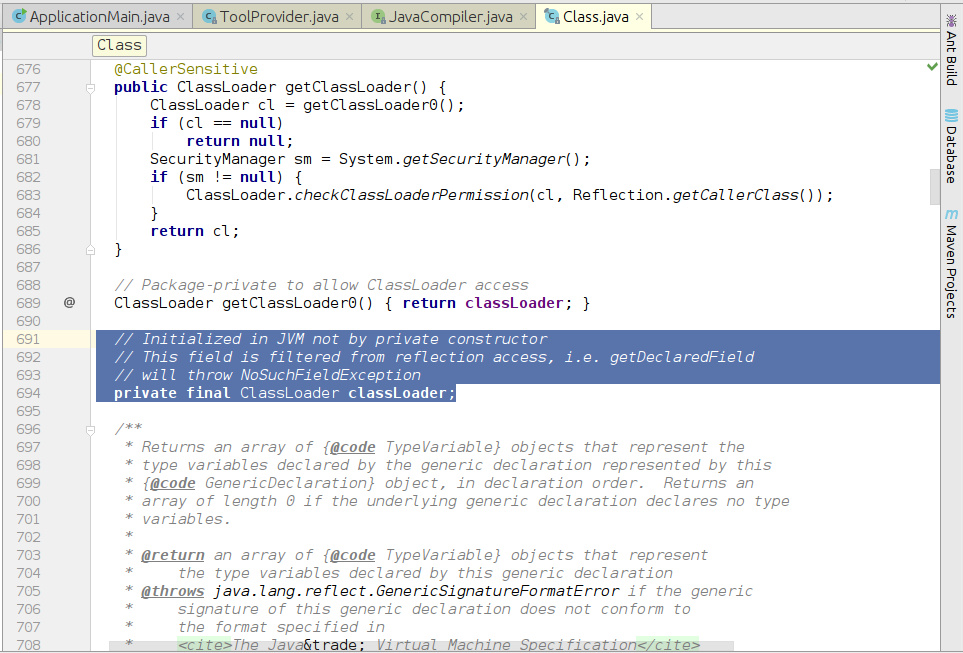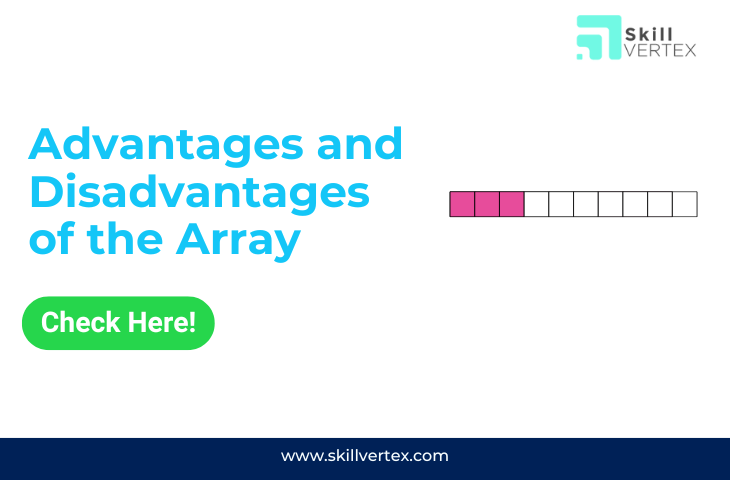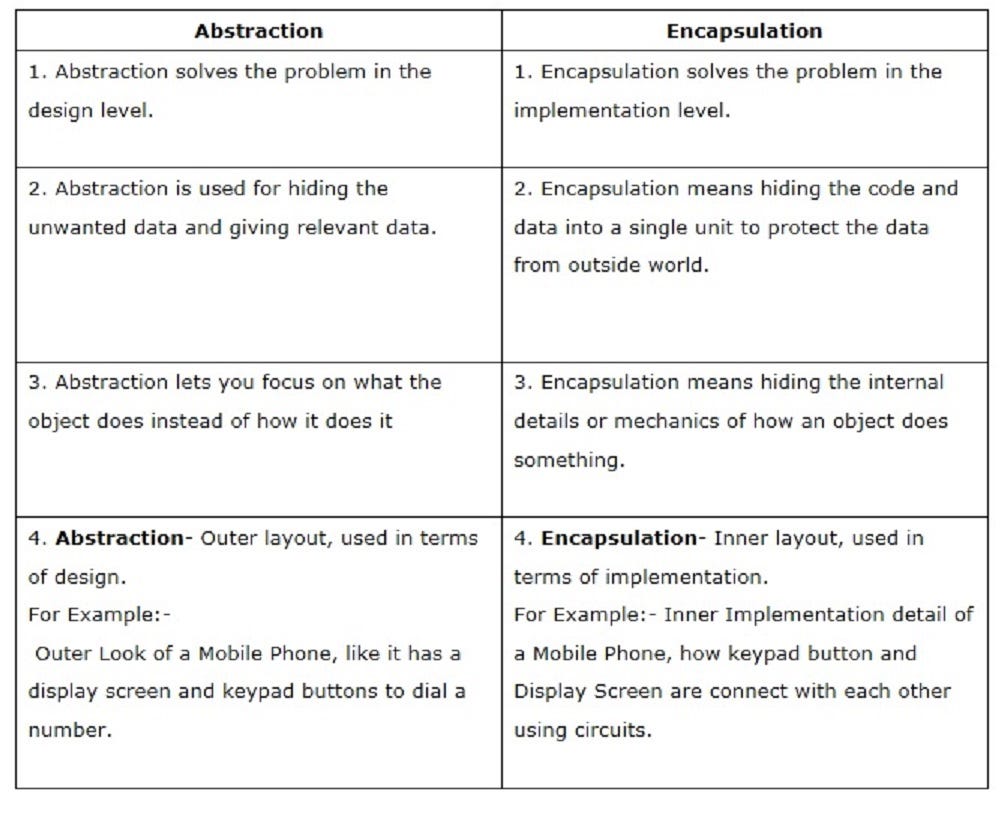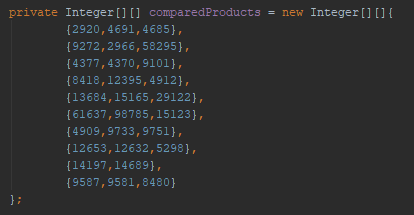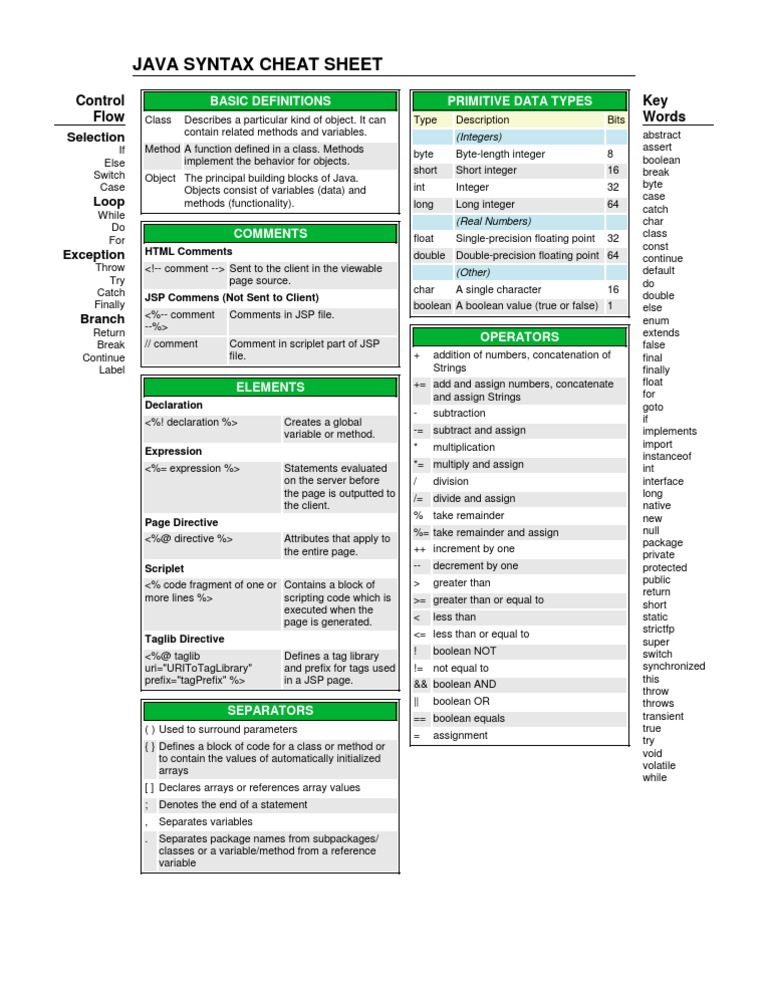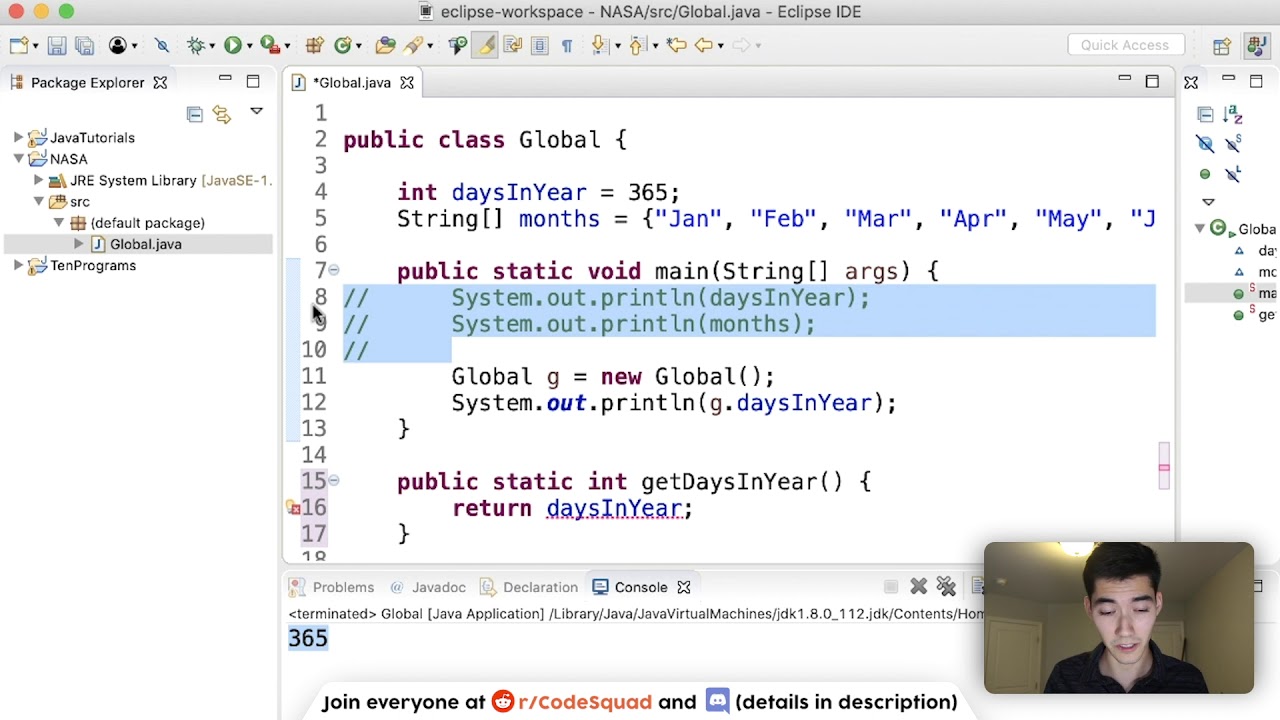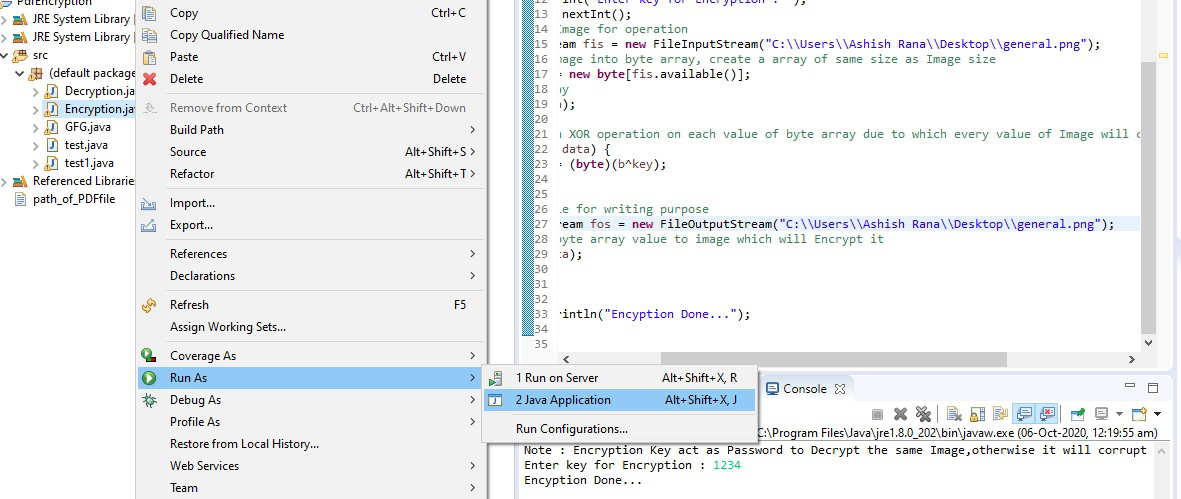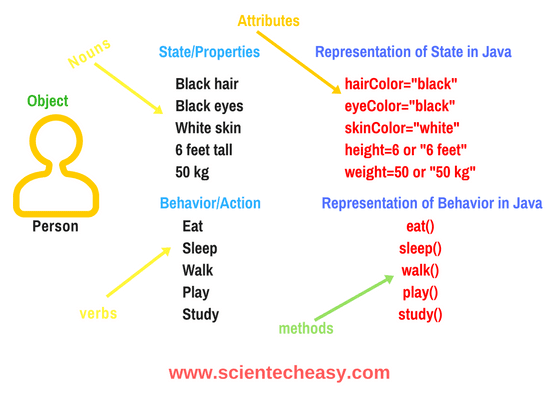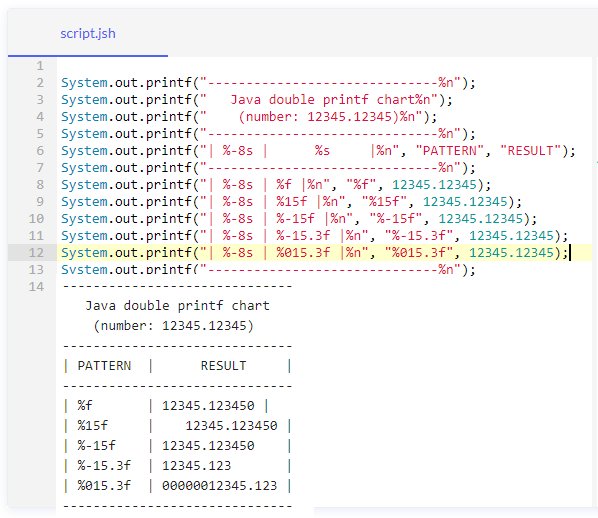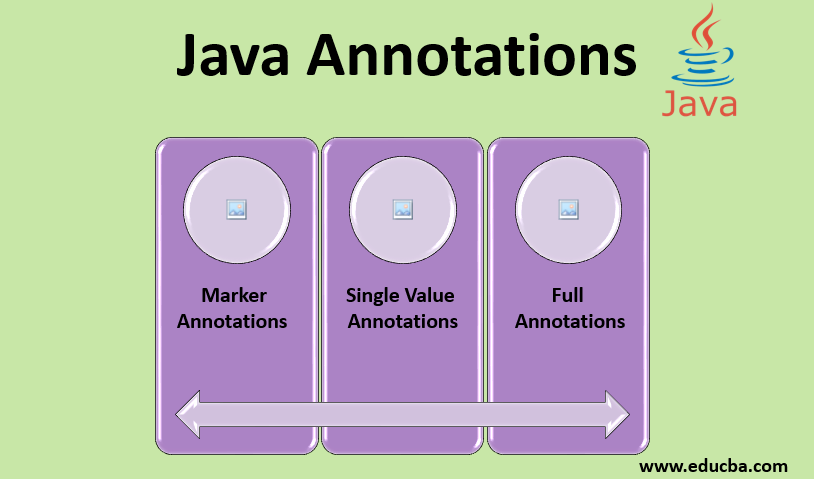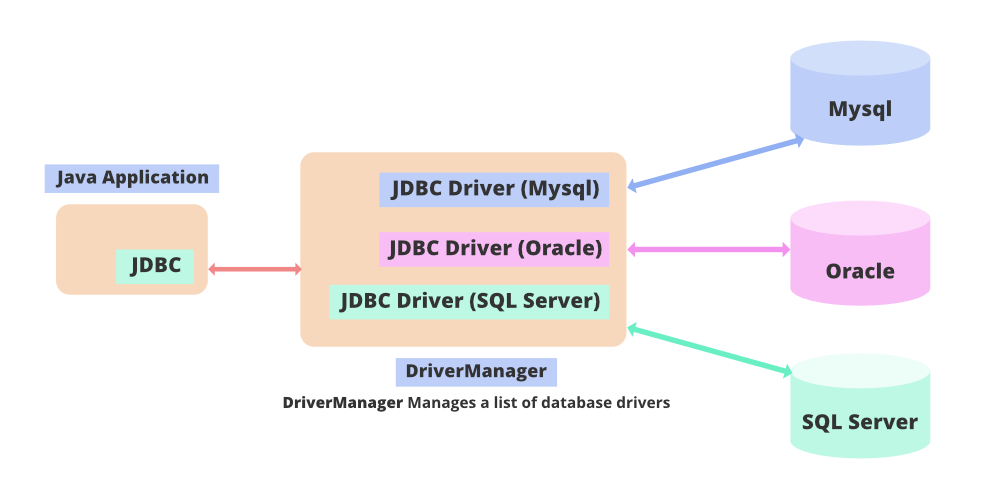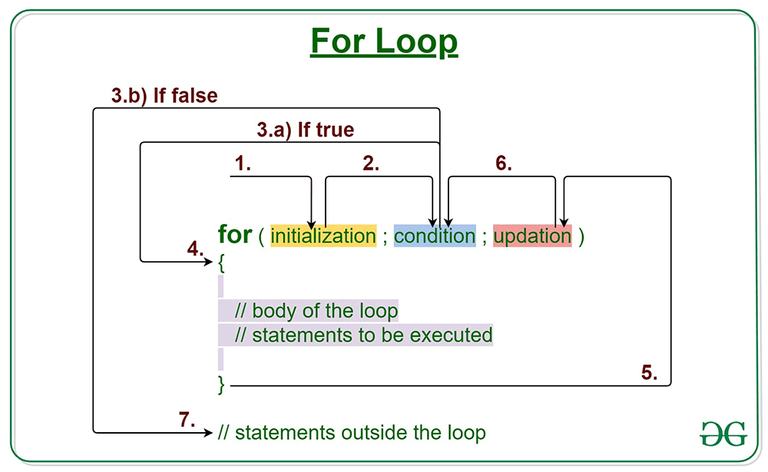How long does it take to learn Java by yourself?
How long does it take to learn Java by yourself?
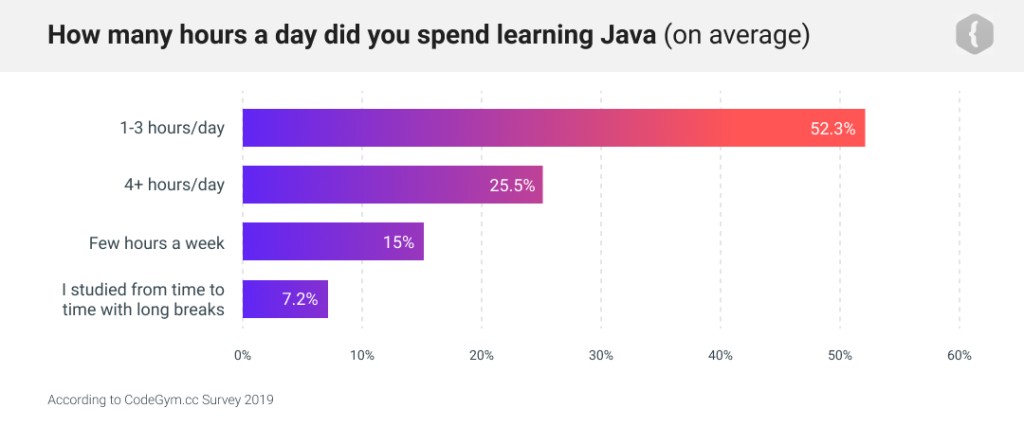
Learning Java on your own! That's a commendable effort. The time it takes to learn Java independently depends on several factors, including your background in programming, the amount of time you dedicate to learning, and your learning style.
Assuming you're starting from scratch, here are some general guidelines to help you gauge your progress:
Basic concepts: 1-3 months: You can grasp the basic syntax, data types, variables, operators, control structures, methods, and functions within a few weeks to a couple of months. Object-Oriented Programming (OOP) fundamentals: 1-2 months: Once you have a solid grasp of the basics, focus on understanding OOP principles such as classes, objects, inheritance, polymorphism, abstraction, encapsulation, and composition. This will take around 1-2 months to become comfortable with. Core Java topics: 3-6 months: With the basics and OOP fundamentals in place, start exploring core Java concepts like: Exception handling Multithreading Networking File I/O Database interactionsThis will take around 3-6 months to master, depending on how deeply you want to delve into each topic.
Advanced topics and frameworks: 6-12 months: As you gain confidence in your Java skills, explore advanced topics like: JavaFX or Swing for GUI development Spring, Hibernate, or other popular frameworks for enterprise-level applications Advanced data structures and algorithms Machine learning and AI integration with JavaThis phase can take anywhere from 6-12 months to complete, depending on how much time you dedicate to learning.
Practical experience: Ongoing: The most critical aspect of learning Java is gaining practical experience. As you progress through the above stages, make sure to work on projects that challenge you and help solidify your understanding.To give you a more realistic estimate, here's a breakdown based on a hypothetical 3-hour study session per day:
1-2 months: Complete online courses, tutorials, or books covering the basics and OOP fundamentals. 3-4 months: Focus on core Java topics, exploring different areas like exception handling, multithreading, and file I/O. 5-6 months: Start delving into advanced topics like JavaFX, Spring, or Hibernate, depending on your interests. 7-12 months: Continue refining your skills through hands-on projects and experimentation.Keep in mind that this is a rough estimate, and the actual time it takes to learn Java will vary depending on individual factors. Stay motivated, persistent, and patient, and you'll be well on your way to becoming proficient in Java!
Is Java alone enough to get a job?

I'm happy to help!
While knowing Java can certainly be an asset when applying for jobs, it's not the only factor that determines whether you'll get hired or not. Here are some reasons why:
Lack of practical experience: Knowing Java is important, but having hands-on experience with real-world projects or contributions to open-source projects is what matters more. Employers want to see that you can apply your knowledge in a meaningful way. Other skills required for the job: Many jobs require additional skills beyond just programming languages. For instance, if you're applying for a data analyst role, knowing SQL, Python, and statistical analysis software like Excel or Tableau would be important. If you're applying for a DevOps engineer position, knowledge of Docker, Kubernetes, and cloud platforms like AWS or Azure would be essential. Competitors with similar skills: The job market is competitive, and there are likely other candidates who also know Java. What sets you apart from them? Do you have a unique perspective, strong communication skills, or relevant work experience that can help you stand out? Company-specific requirements: Different companies may prioritize different skills. For instance, a company that specializes in artificial intelligence might value machine learning knowledge more than knowing Java. Research the company and understand what they're looking for. Soft skills matter too: Employers want employees who are not only technically proficient but also possess soft skills like teamwork, problem-solving, adaptability, time management, and effective communication. Make sure you highlight these skills on your resume or during an interview. Certifications can help: Having certifications in Java, such as the Oracle Certified Java Programmer exam, can demonstrate your expertise and commitment to learning. Networking is crucial: Attend industry events, join online communities (like Reddit's r/learnprogramming), or connect with professionals on LinkedIn. These connections can lead to job opportunities or valuable advice when applying for positions.In summary, while knowing Java is a great start, it's not the only factor that determines whether you'll get hired or not. Focus on developing a well-rounded set of skills, gaining practical experience, and showcasing your unique strengths to increase your chances of landing a job.
